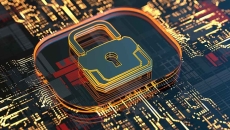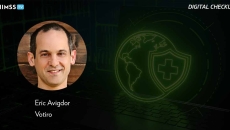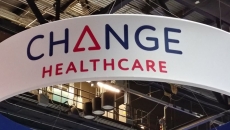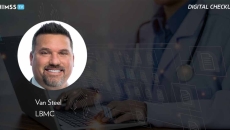Privacy & Security
Federal labor data showed joblessness in the technology sector up to 5.7% in January, compared to 3.9% this past December, surpassing the overall national unemployment rate of 4%.
HIMSS25 Europe
As cyberthreats against healthcare surge, a new EU cybersecurity Action Plan emphasises proactive defense, enhanced training, and collective responsibility to safeguard patient care and medical infrastructure.
Eric Avigdor, chief product officer of Votiro, says cutting-edge technology can reduce the cost of compliance and achieve a more efficient outcome.
SPONSORED
Reduce administrative burden and seamlessly match patient records.
Cybersecurity In Focus
Even as the number of impacted individuals has been again revised upward, industry leaders say there are silver-lining lessons to learn from the incident about security frameworks, third-party risk and basic cyber hygiene.
Despite staffing shortages and chaotic work environments, market researchers said increased clinician EHR satisfaction, improved payer/provider relationships and progress on SDOH are advancing healthcare delivery.
SPONSORED
Scaling Digital Solutions for Screening and Early Disease Detection with Trusted Digital Infrastruc…
This webinar will share how healthcare organizations can enhance their digital infrastructure through best practices and lessons learned. It will address existing barriers to modernization, as well as the programs themselves. Additionally, it will illustrate how such effort can facilitate the scaling of digital technologies to improve screening and early disease detection, with the goal to improve patient outcomes and deliver more efficient, effective care.
Personal and medical data is very valuable to cybercriminals on the dark web, says Van Steel, shareholder in LBMC's cybersecurity division, who discusses his work with the HIMSS Tennessee chapter to help protect users' healthcare information.
SPONSORED
Discover best practices for protecting your RCM processes and data.
The establishment of the cross-border data space follows the recent formation of a digital health alliance in the area.












